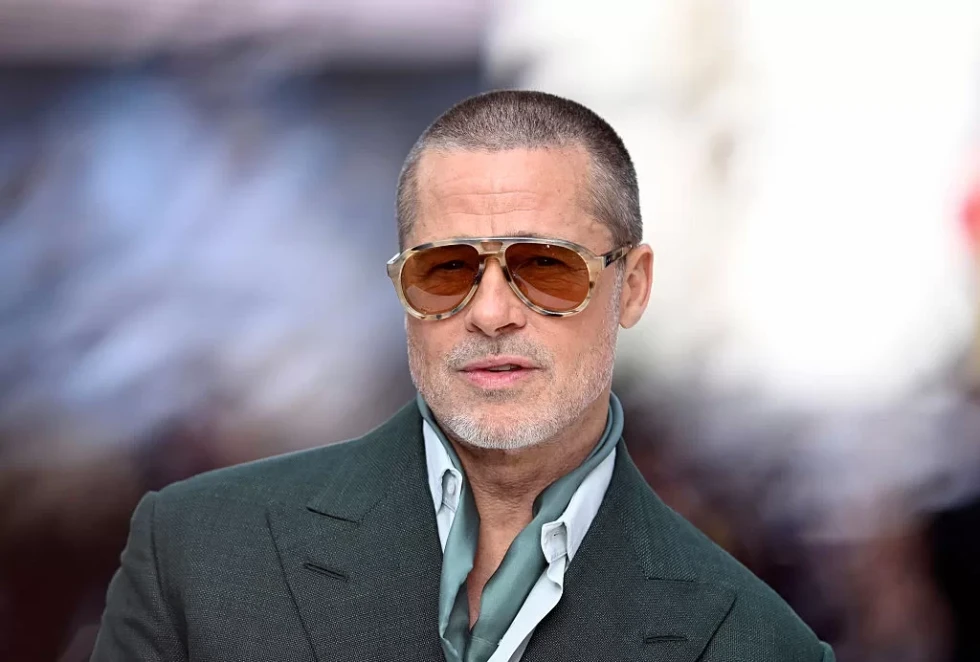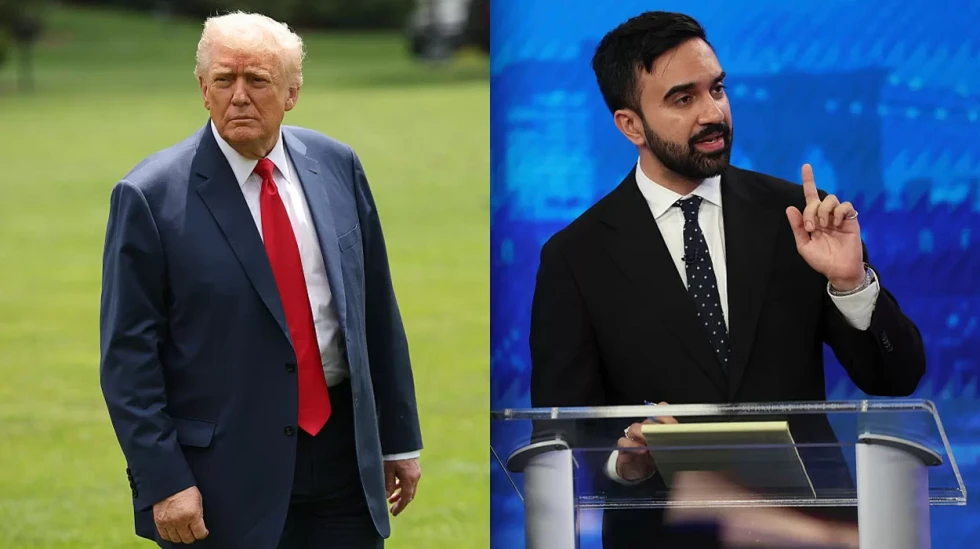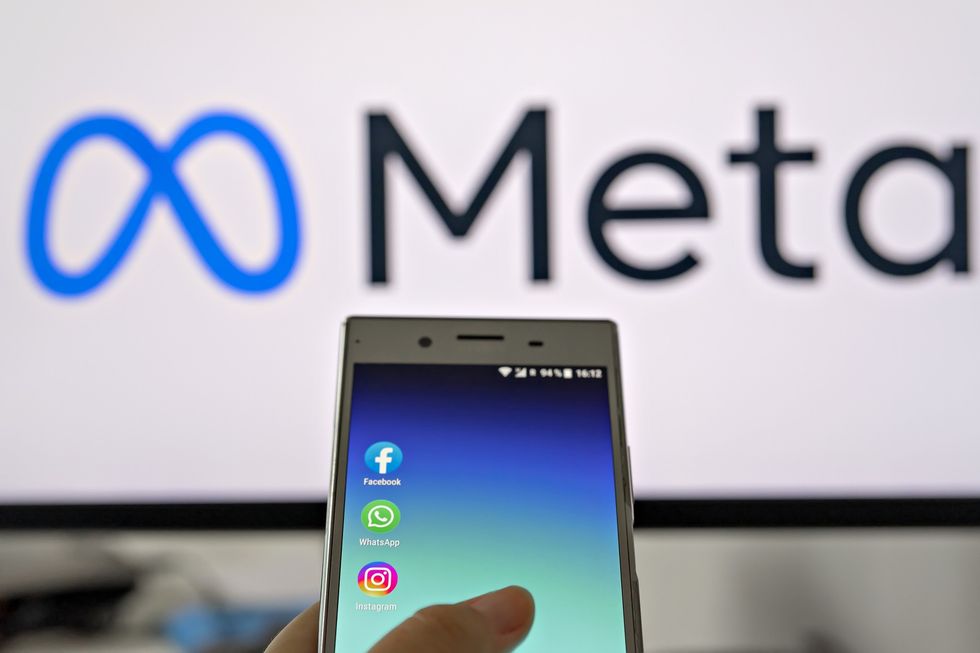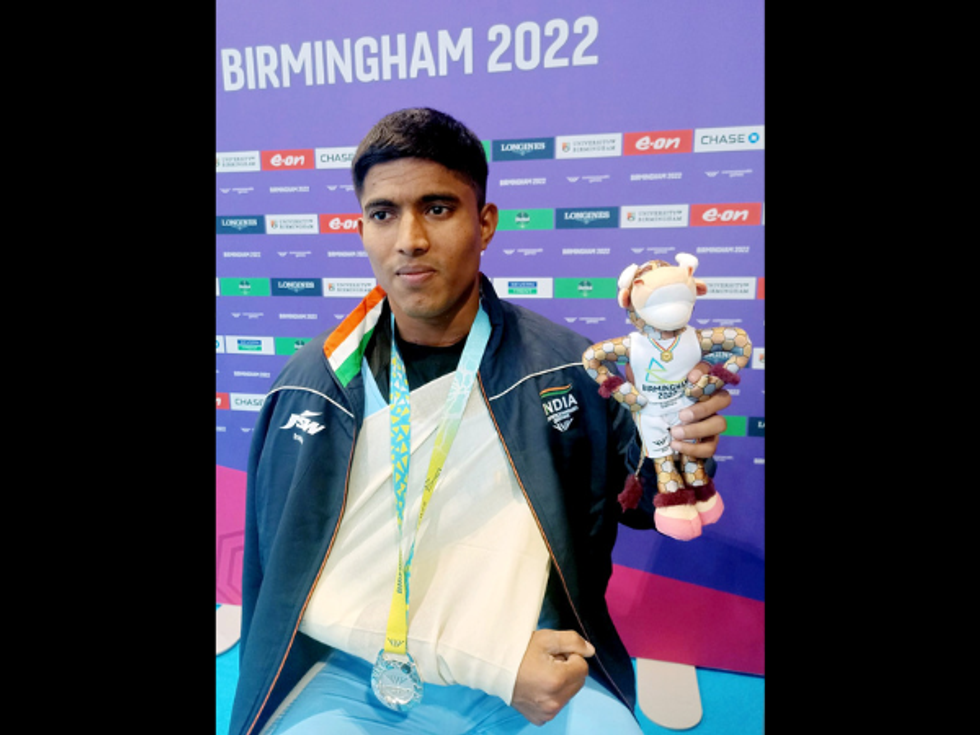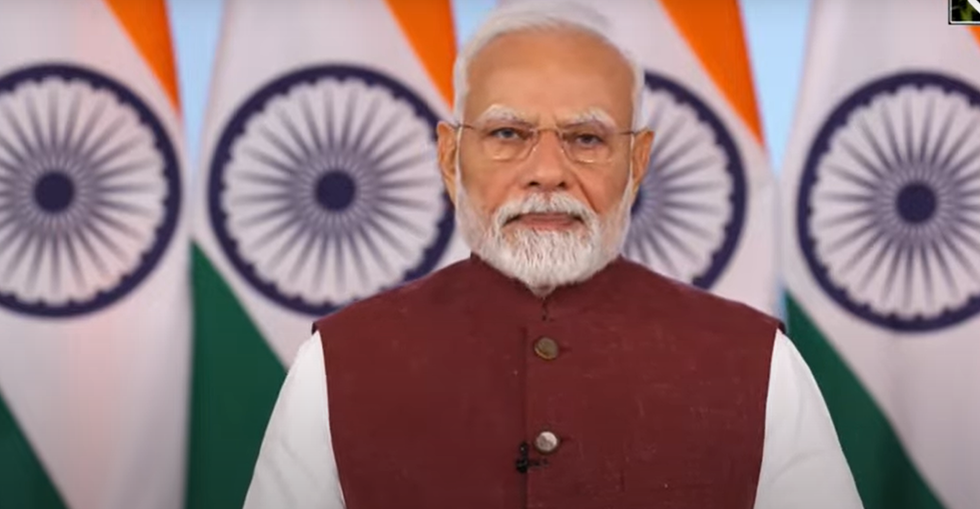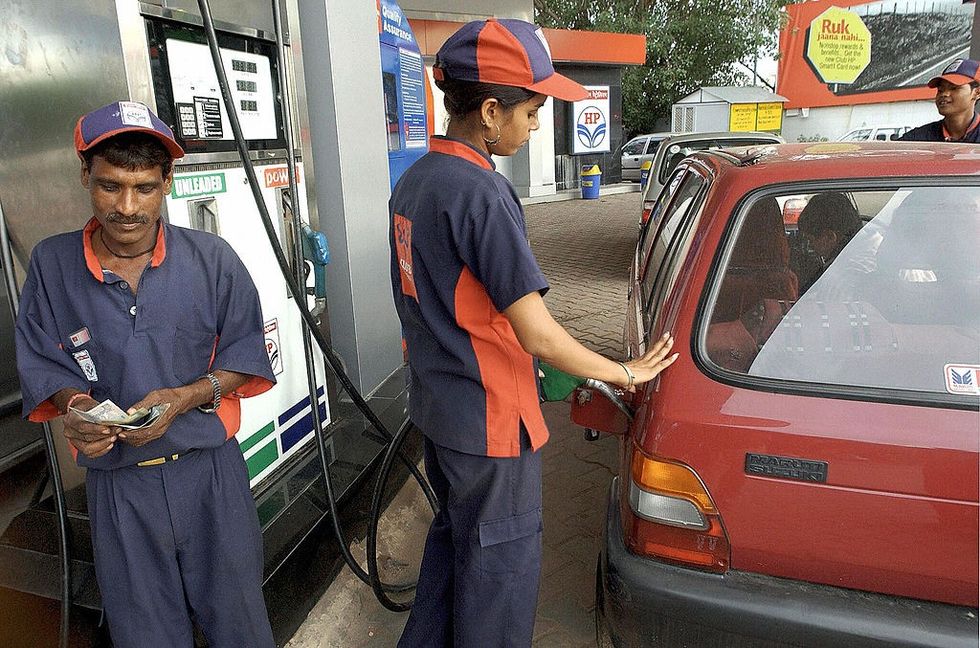INDIAN prime minister Narendra Modi on Friday (29) pinpointed agriculture, education, and health as the three sectors where he sees the promise in leveraging technology the most.
During a 45-minute-long discussion with philanthropist and Microsoft co-founder Bill Gates at his official residence in New Delhi on various topics such as technology's role across sectors and addressing climate change, Modi emphasized his government's initiatives in these domains.
He recalled past concerns about the global digital divide and asserted his commitment to preventing such disparities from taking root in India.
The Indian PM also said he wants to allocate funds to scientists for local research in cervical cancer to develop vaccines at a minimal cost and that his new government will work to ensure vaccination, especially for all girls, against the serious disease.
Modi is seeking his third straight term in office in the next general elections beginning April 19. He has frequently expressed confidence that his ruling Bharatiya Janata Party (BJP) will get a big majority in the elections.
There is a requirement for digital public infrastructure, the prime minister said, with Gates praising India's adoption of technology and saying India is leading the way.
Modi also noted that there is a significant risk of misuse of a powerful technology like Artificial Intelligence (AI), especially when placed in unskilled hands, and suggested that AI-generated content should carry clear watermarks to prevent misinformation.
This is not meant to devalue AI creations but recognising them for what they are, the prime minister said. He said there is a need to establish some dos and don'ts.
"In the case of deepfakes, it is crucial to acknowledge and present that a particular deepfake content is AI-generated along with the mention of its source. These measures are really important, especially in the beginning," he asserted.
On February 29, Modi and Gates had a meeting in the Indian capital where they also discussed AI for public good, women-led development and innovation in agriculture and health.
AI should not be seen as a quick-fix solution: Modi
Discussing AI, the Indian leader said it should not be viewed as a quick-fix solution or a crutch for avoiding work due to laziness. Modi illustrated his own use of AI during the G20 Summit last September, where it served as an interpreter, and in broadcasting his speeches across various languages during numerous events.
According to him, technologies such as ChatGPT should be harnessed for continuous self-improvement. Modi showcased his AI utilization by requesting Gates to take a selfie through his NaMo app, demonstrating how facial recognition technology could locate it.
On climate change which they discussed outdoors, Modi advocated for redefining development parameters away from practices such as heavy electricity or steel usage, which are detrimental to the environment. Instead, he proposed embracing terms like "green GDP" and "green employment" to align with sustainable practices.
Recycling and reuse have been part of Indians' nature, he told Gates, mentioning that the jacket he was wearing was a recycled product.
Modi said he believes in leveraging technology not just to enhance services but also to significantly improve the ease of living for citizens.
He said India has been making rapid advancement in the field of renewable energy and is working to boost its growth in green hydrogen. Modi credited "democratisation of technology" to rule out any monopoly for digital revolution in India as it gives everyone an equal opportunity. "It is by the people and for the people. We are committed to ensure that emerging talent from within the community can continuously contribute and enhance its value to foster trust in technology among people," he said.
(With PTI inputs)


